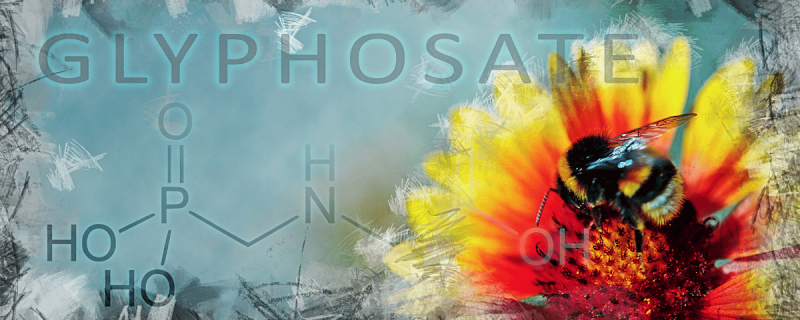The Administrative Court of Montpellier banned two glyphosate products marketed by Syngenta. The company did not submit the mandatory risk assessment on the impacts on bees, other insects, soil and water life. For this reason, re-authorisation should not have been granted by the authorities. This result is a great win and an important achievement by our member Générations Futures. It will not only protect human health and the environment but also shows the importance to take action and keep the authorities from neglecting their own rules.
The Court considered that no mandatory assessment had been submitted by Syngenta in the context of the application for the re-registration of these products. Assessment is mandatory concerning the risks to bees, vertebrates and non-target terrestrial arthropods. This risk assessment is enshrined in the regulation of 12 December 2017 on the renewal of the approval of glyphosate at the European level. In the absence of the implementation of a complete assessment procedure, the court considered that the precautionary principle had not been respected. It, therefore, annulled these renewal decisions.
Our member Générations Futures has been mobilised for years against glyphosate, a herbicide causing a lot of harm to the environment and classified in 2018 as a "probable human carcinogen" by the International Agency for Research on Cancer (IARC). They have spread their actions through reports, questioning of decision-makers, organising conferences, and legal action to have pesticide marketing authorisations cancelled.
In December 2020 the organisation opposed the renewal of "Touchdown 4" and "Touchdown Forêt", two glyphosate-based products marketed by Syngenta. On 12 May, the Court of Justice ruled in favour of Générations Futures by annulling the renewal decisions for these glyphosate-based products.
“These bans on the marketing authorisations for glyphosate-based products are a great victory [...]. We are particularly pleased that the administrative court has recalled the importance of assessing the impacts of these glyphosate-based pesticides on bees, vertebrates and arthropods, even if the active ingredient glyphosate was authorised in the EU,” declared François Veillerette from Générations Futures.
The importance of challenging authorisations of harmful pesticides in court
The case shows the importance of court cases in situations where the authorities do not respect their own national and EU regulations. NGOs can take effective action, as shown in this and other cases. We hope the example will encourage others to challenge authorisations of harmful pesticides in court. We at PAN Europe are involved in court cases mainly at EU level, but we do have many contacts in member states. If you’re considering a court case in your country, feel free to contact us if you like our advice.
More on this case in French on the website of Générations Futures.
See also:
